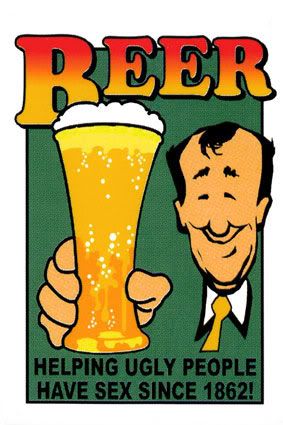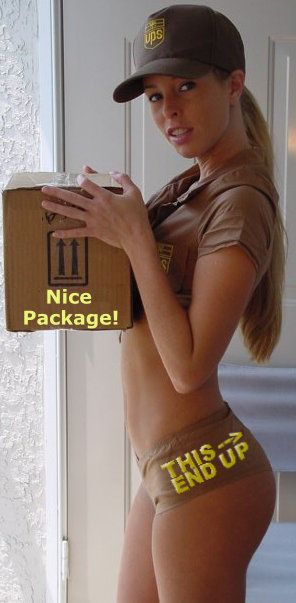Ten years ago this month Hong Kong returned to China. The handover agreement between Britain and China entitled its people the right eventually to elect their leaders. Many hoped by now under China's "one country, two systems" formula, that Hong Kong would be a democracy. It is not.
As Professor Steve Tsang of Oxford University recently said, "[The Communists] aren't reassured that in the chaos of democracy, there is a semblance of sanity." Last month, Chinese President Hu Jintao vowed to preserve the Communist Party's monopoly on political power. Which is why thousands of protestors marched in Hong Kong to demand democracy.
The failure to advance democracy in Hong Kong is but one of several disappointments in the March of Freedom that once had seemed inevitable. Russia's retrenchment, Belarus, Iraq, and elsewhere Freedom's march has stumbled.
With authoritarians' resilience here and there, and sectarian violence dimming democracy's promise elsewhere, some ask whether democracy can take root in different cultures with history, habits and heritage so different from our own.
An answer to that query lies a few miles from China across the straits in Taiwan.
For 38 years Taiwan was under Martial Law. Stories of the denial of basic rights, the secret police network and various abuses of power are well documented. But the indomitable spirit of freedom survived.
Eventually, after the end of Martial Law in 1987, one party rule gave way to freedom, the rule of law and multi-party politics. A series of reforms to the constitution from 1991 to 2000 moved Taiwan to real democracy. It was a dramatic, peaceful revolution. With the first victory by the opposition People's Democratic Party in 2000 and the transfer of power Taiwan achieved recognition as a true democracy. Freedom House has ranked Taiwan's press the freest in all Asia.
Democracy can be chaotic. While in Taipei last May I saw demonstrators inside the Chang Kai-shek Memorial. I read press critical of government policies. And I talked to opposition leaders plotting political campaigns to regain power. But from the messiness of freedom comes resilience, strength and order.
Free people pursue their dreams, hold their leaders accountable, and accept the rule of law because they choose the lawmakers. The machinery of democracy allows competition while promoting compromise, cooperation and coalitions. It provides a peaceful pathway for change.
Taiwan's rambunctious democracy rebuts Beijing's assertion that democracy cannot flourish in a Confucian Society. It encourages the 1.3 billion Chinese denied political and legal rights that the habits and benefits they enjoy in the economic sphere can spread to the rest of their lives. Taiwan, where political leaders are accountable and corruption is exposed and rooted out, provides promise and nourishes the hunger for reform in Hong Kong and elsewhere.
In Taiwan a great debate continues on whether the future should bring unification with China or a declaration of independence. I discussed this with many Taiwanese. One well-educated professional in his 30's captured the sentiment I found among the young. When asked what future he hoped for he said, "Like people everywhere I hope for a better life for me and my family. For me it is not independence or unification. For me it is freedom. I want my children to grow up in freedom. And Hong Kong is not free."
Wednesday, August 8, 2007
Subscribe to:
Post Comments (Atom)















No comments:
Post a Comment